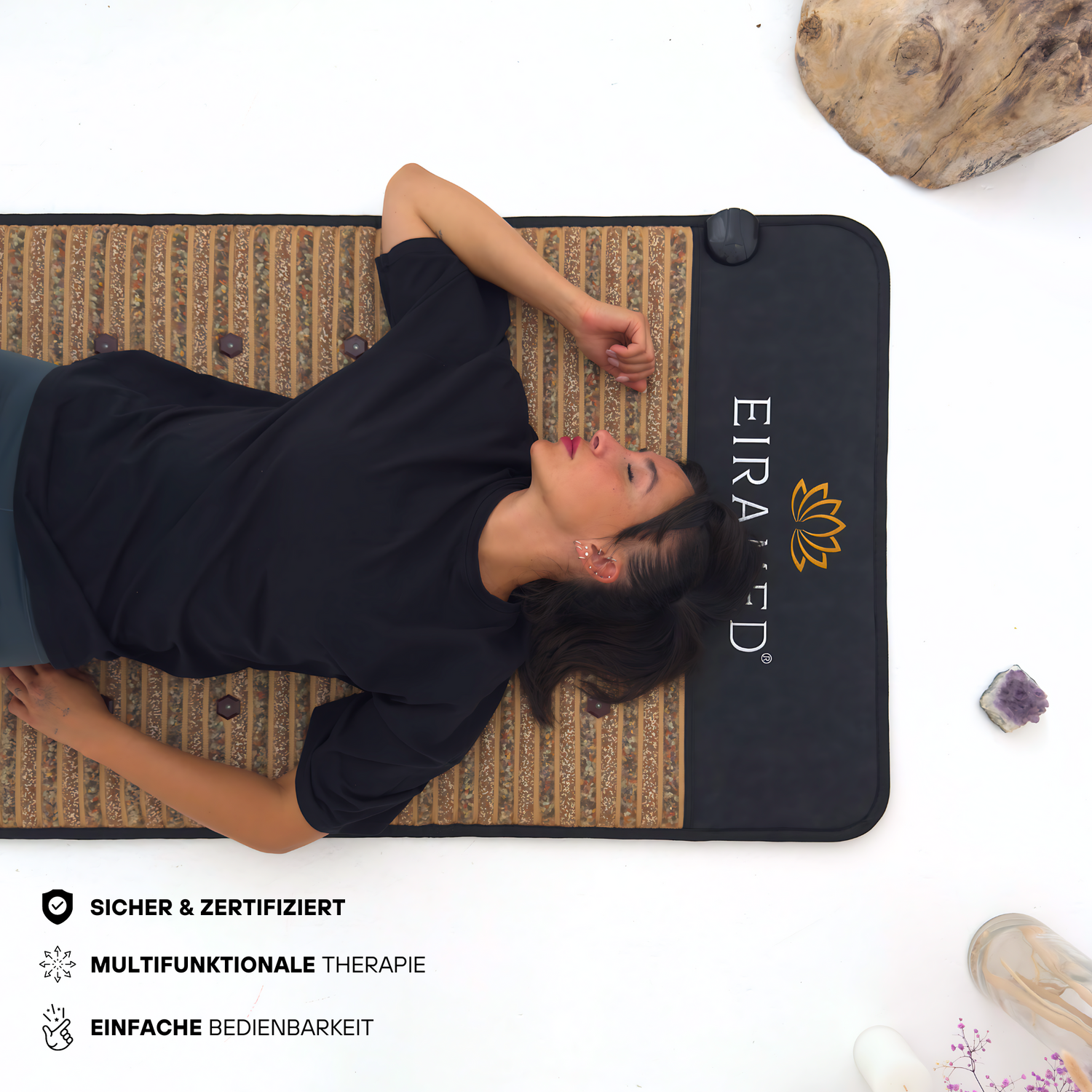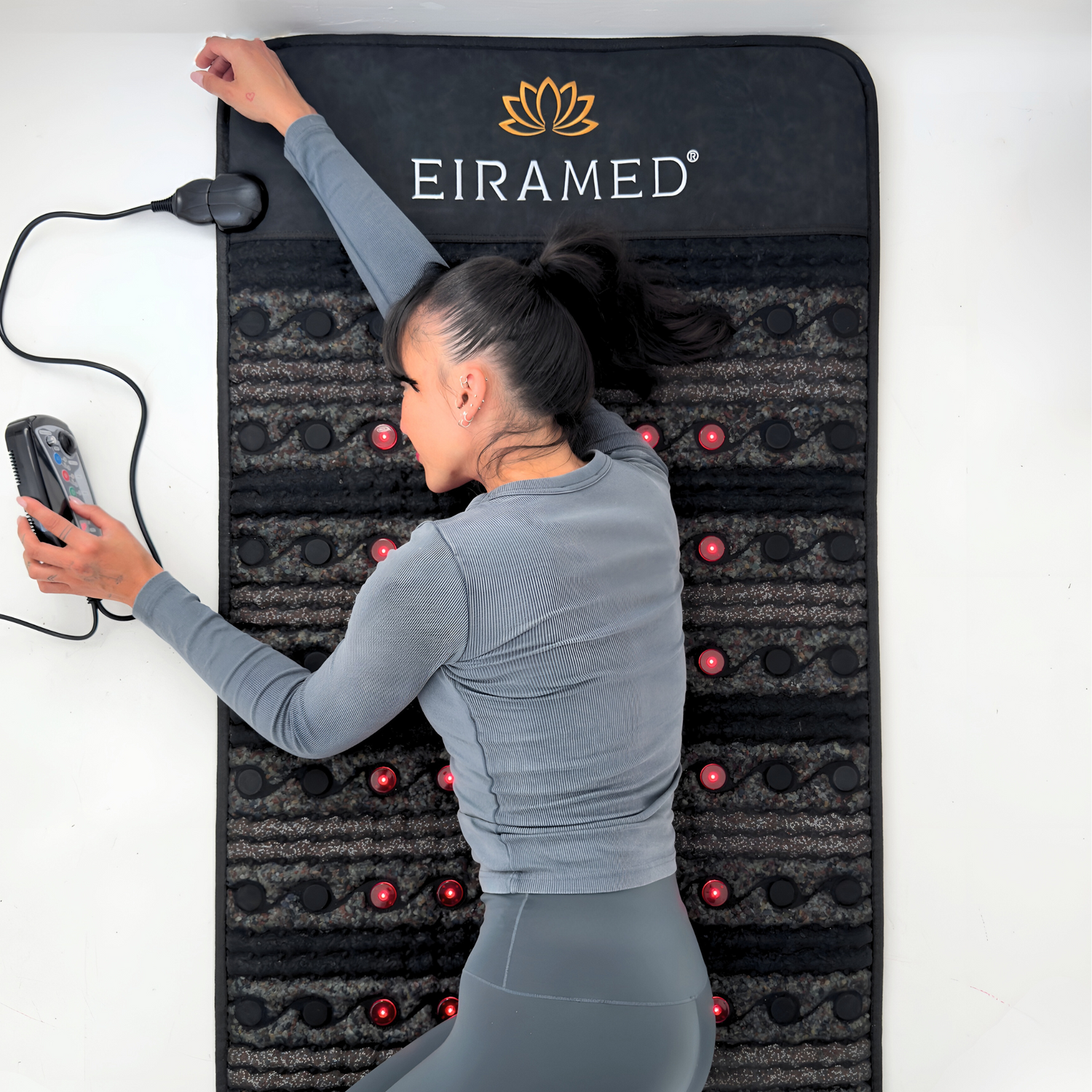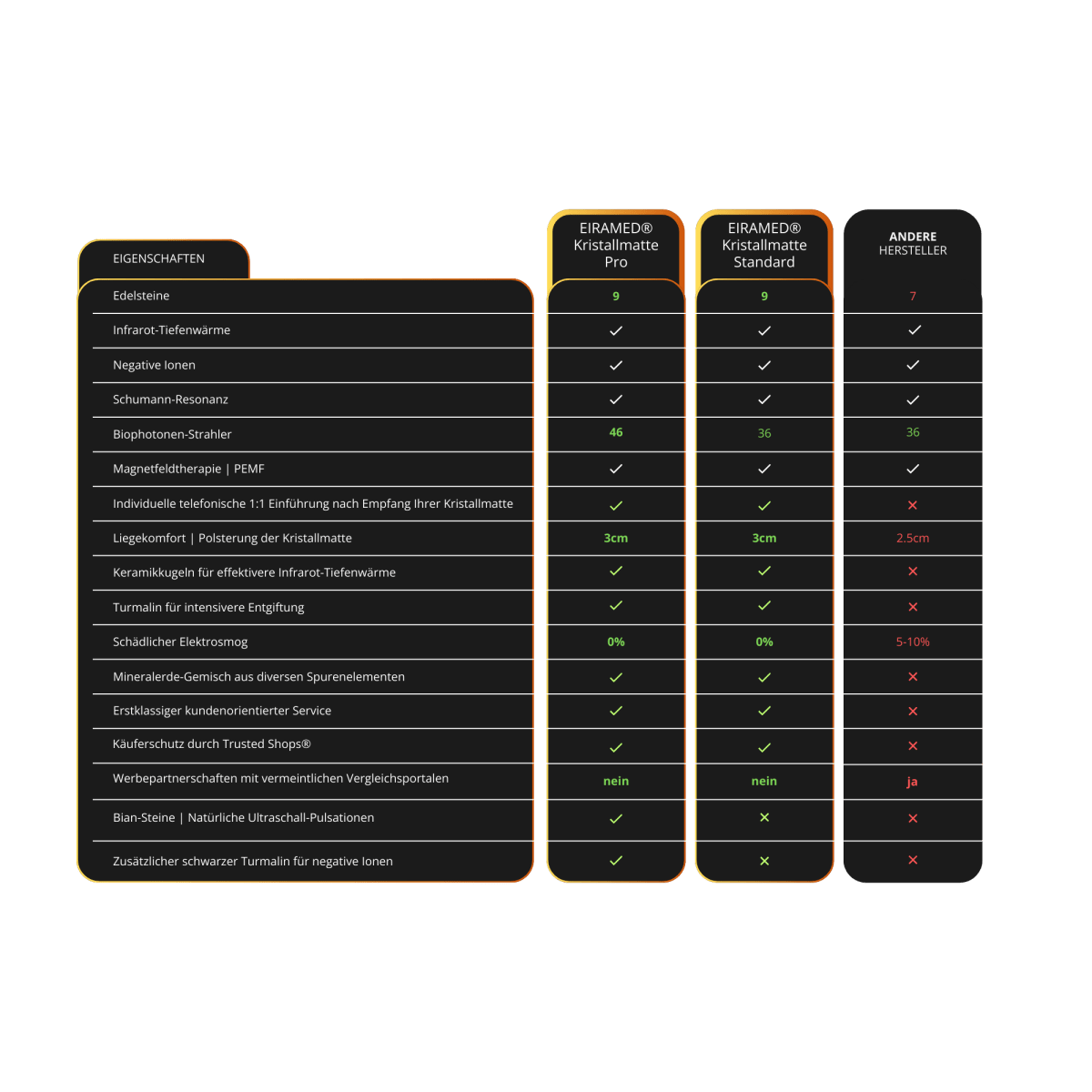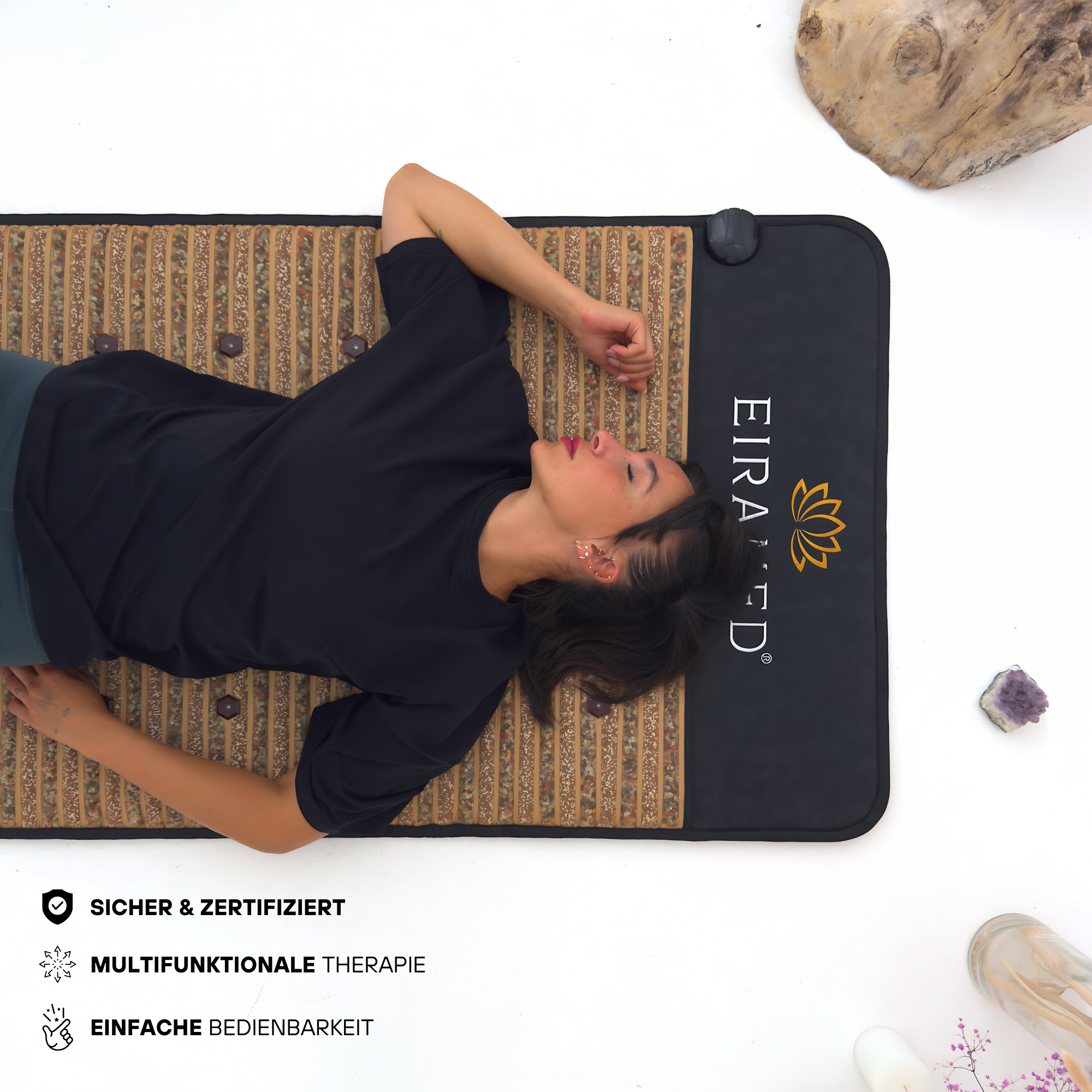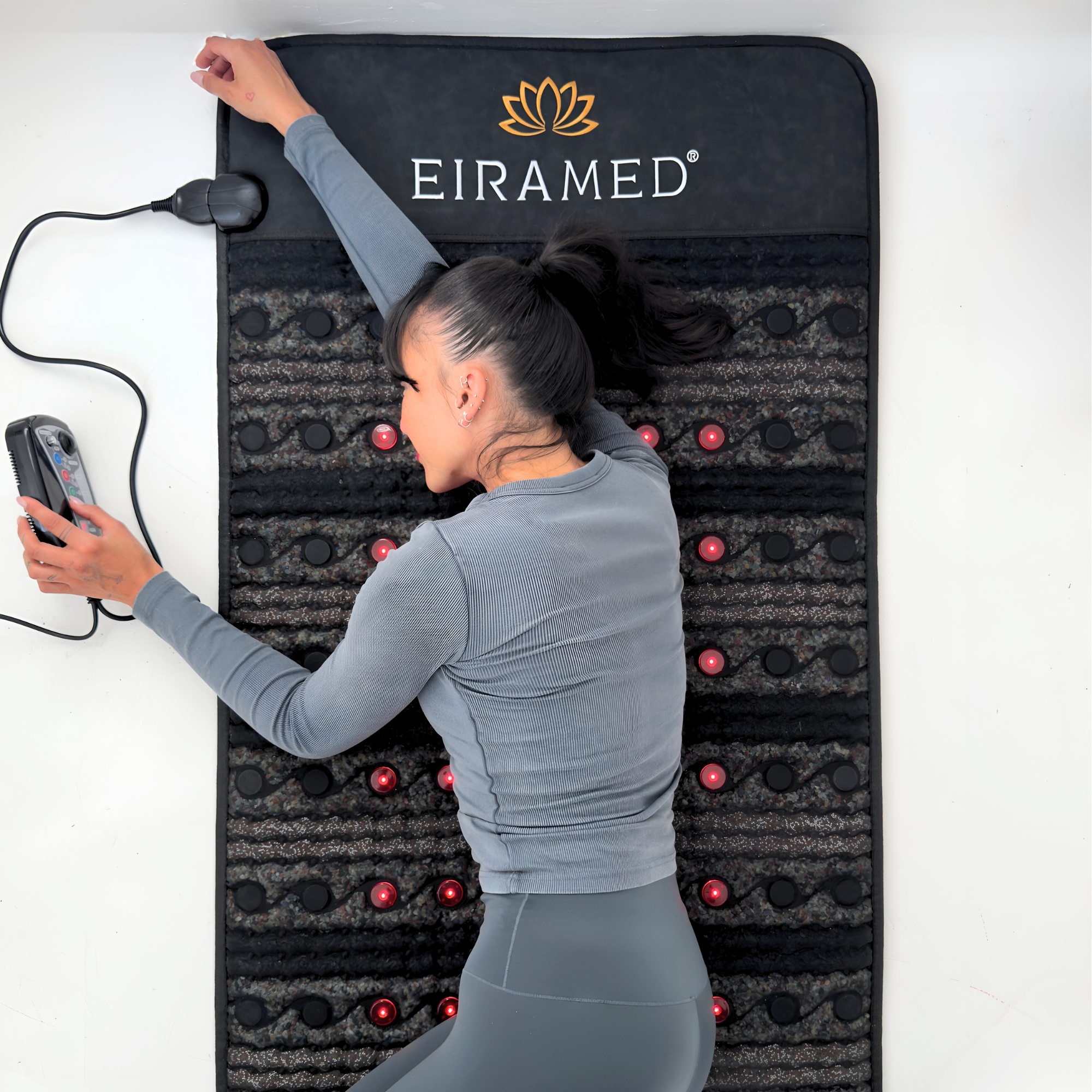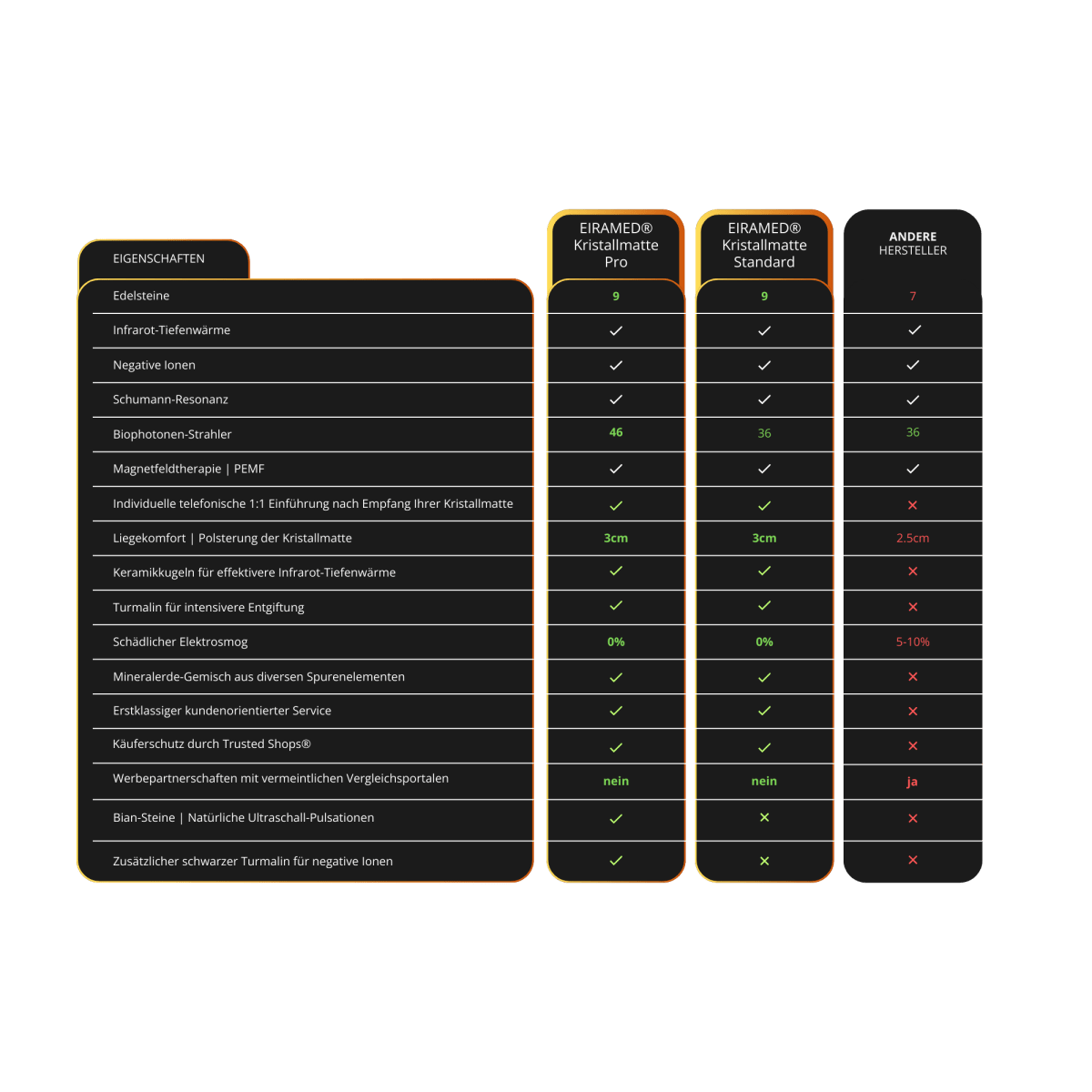General information – history of meditation
Meditation is a practice that has been practiced by people around the world for centuries. It is a simple yet powerful method to balance body, mind and spirit and achieve numerous health benefits.
History of meditation
The practice of meditation has its origins in ancient Hindu texts and was later adopted by many other cultures, including Buddhism and Taoism. The earliest written records of meditation come from Hinduism and date back to the 5th century BC. BC. Various types of meditation have developed throughout history, including Transcendental Meditation, Mindfulness Meditation, and Zen Meditation.
Below we'll take a look at some of the most well-known meditation practices and describe their health benefits in more detail.
One of the most famous forms of meditation is Transcendental Meditation, which was introduced to India in the 1950s by Maharishi Mahesh Yogi. This type of meditation is said to help expand consciousness and improve mental health. Another well-known form of meditation is mindfulness meditation, which comes from the Buddhist tradition. This is about calming the mind and living in the moment without letting thoughts and emotions overwhelm you. This practice is often considered particularly helpful for reducing stress and improving emotional stability. Zen meditation, on the other hand, has its origins in Buddhism and is often associated with Japanese culture. This involves achieving a state of inner peace and serenity by focusing on the breath and attempting to clear the mind of disturbing thoughts.
Practice of meditation
Meditation is a practice that can be done anytime, anywhere. There is no specific way to meditate, but most practices involve sitting in a comfortable position, closing your eyes, and focusing on your breath or a mantra. The goal is to calm the mind and distract from disturbing thoughts to create a feeling of calm and relaxation. In addition to concentrating on the breath or a mantra, there are many other techniques that can be used in meditation. Some of these include visualizing an image or a specific situation, focusing on a specific area of the body, or noticing sounds or sensations in the environment. There are also different types of group meditations, such as yoga classes, meditation teams, and spiritual meetings, that may be suitable for people who have difficulty meditating alone or who would like to benefit from the energy and support of a group.
Health Benefits of Meditation
The practice of meditation offers numerous health benefits for the body and mind, especially when done regularly. An important benefit is the reduction of stress and anxiety, which has a positive effect on physical well-being. Through meditation we can learn to consciously relax and clear our minds of disturbing thoughts. A 2014 study found that meditation can also reduce the risk of heart disease by lowering blood pressure and improving the function of the heart. The study also found that people who meditate regularly have a longer life expectancy than those who don't. Another 2016 study found that meditation can also help reduce chronic pain. The participants who took part in this study reported a significant reduction in their pain and an improvement in their physical functions. Meditation can also help boost the immune system and reduce inflammation in the body. Another 2017 study found that meditation may help reduce inflammation in patients with chronic illness by boosting the immune system and reducing the release of pro-inflammatory hormones. Additionally, meditation can improve cognitive function by increasing concentration and attention. A 2018 study found that people who meditate regularly have improved cognitive function and higher working memory performance.
Meditation is an ancient practice that can be a valuable technique for promoting physical and mental well-being. There are many different types of meditation, and everyone can find a technique that best suits their individual needs. The benefits of regular meditation are many, ranging from reducing stress and anxiety to improving cognitive function and physical health. It is important to note that results may vary and that meditation alone should not be used as a substitute for medical treatments or therapies. However, it can be a valuable addition to a holistic approach to improving well-being. By taking time to meditate and calm our minds, we can develop a deeper connection with ourselves and our surroundings. Meditation can help us focus on what's important and broaden our perspective. It can also help us face life's challenges with more calm and clarity. Meditation is a rewarding practice that is accessible to everyone and that has the potential to enrich our lives in many ways.
Have you never meditated before but would like to start? Here are some tips to make your practice easier:
Start slowly:
Don't try to do too much at once. Start with short sessions of just a few minutes and gradually increase the duration.
Create a calm environment:
Find a quiet place where you can meditate undisturbed. Turn off all distractions such as cell phones and television and create a pleasant atmosphere.
Choose a comfortable sitting position:
Choose a comfortable sitting position that allows you to feel relaxed and keep your spine straight.
Focus on your breathing:
Breathe deeply and evenly, focusing on the feeling of your breath flowing in and out of your body.
Be kind to yourself:
Don't let yourself be distracted by negative thoughts or self-criticism. Accept that thoughts come and go and gently return to your breathing practice.
Use guided meditations:
If you have difficulty concentrating on your breathing, guided meditations can be a useful support. There are many free meditation apps and videos that can help you relax and focus.
Be patient:
Meditation requires patience and practice. It is normal for your mind to wander and to feel uncomfortable during sessions. Don't give up and stick to your practice. Over time, you will progress and experience the benefits of meditation.
Namaste!












